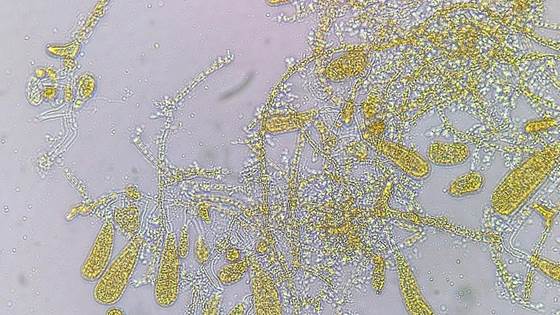
DIRECT – optimising direct seeding for kelp cultivation
To succeed with industrialising kelp farming, we need to develop new solutions to reduce costs across the entire biomass production phase.

To succeed with industrialising kelp farming, we need to develop new solutions to reduce costs across the entire biomass production phase.
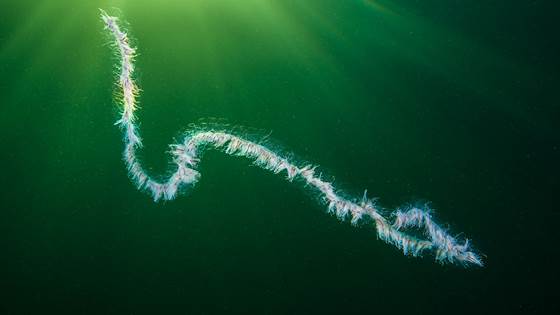
The JellySafe project (FHF/ 901941) aims to develop the tools and knowledge necessary to monitor, manage and mitigate the impacts of barbed-wire jellyfish (Apolemia spp.) on farmed salmon.
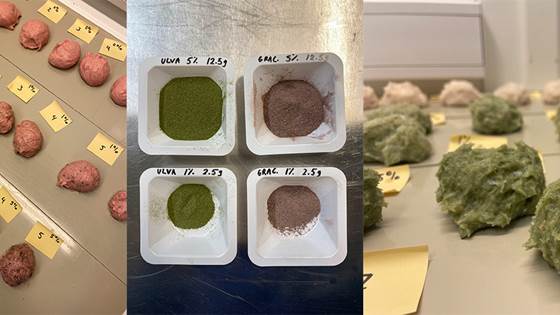
The global food system is currently facing great challenges, motivated by climate change, population growth, environmental and health-related concerns. Existing food resources are not efficiently exploited, and the unhealthy dietary habits of modern...
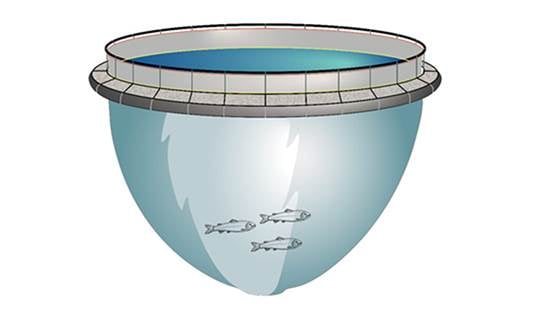
The BIOCLOSED project focuses on cage environments in commercial, closed cages in the sea, to ensure good fish welfare and fish health.
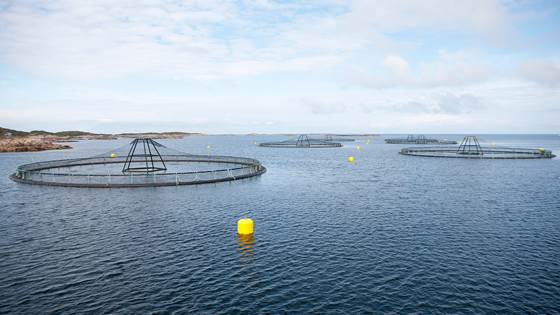
The aquaculture industry invests significant resources to ensure optimal fish health, welfare, and survival until harvest. The primary goal is to reduce the proportion of fish that die before regular slaughter. However, utilizing the mortalities that...
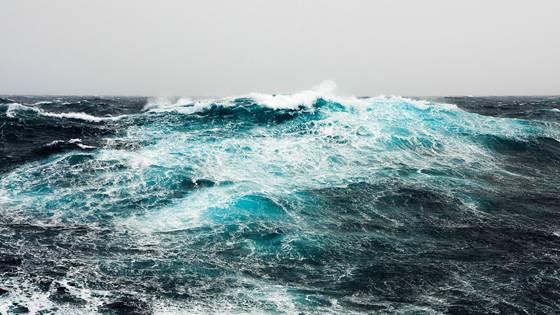
The purpose of the project is to develop new knowledge as well as an integrated model to predict and assess the production environment for new production concepts and locations for exposed aquaculture and offshore aquaculture.
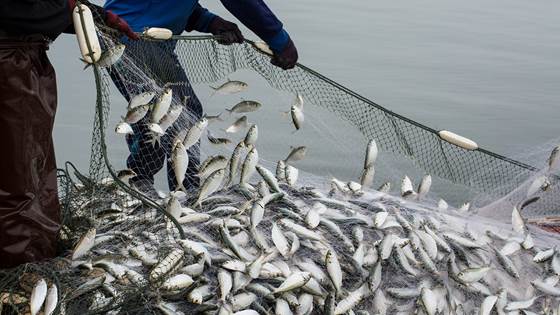
OptiFish aims to develop, test, and validate technologies that will improve onboard monitoring of catch volumes and fish health, enabling fishers to improve the sustainability of their operations and to better meet control requirements.
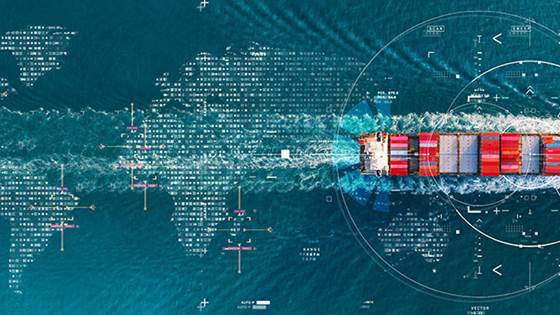
DYNAPORT will develop new optimization and coordination tools for ports and ships that reduce the ship's fuel consumption and increases port efficiency with at least 10% and ensure implementation by relying on internationally accepted information...
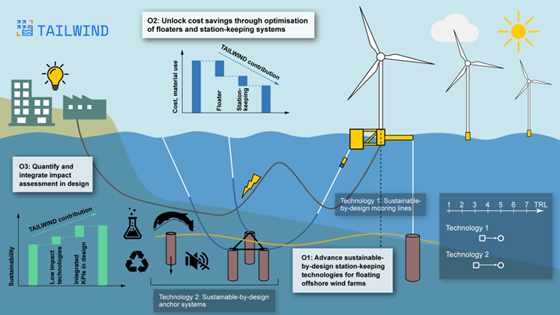
TAILWIND embraces sustainable-by-design principles to shape the next generation of floating offshore wind (FOW) farms.